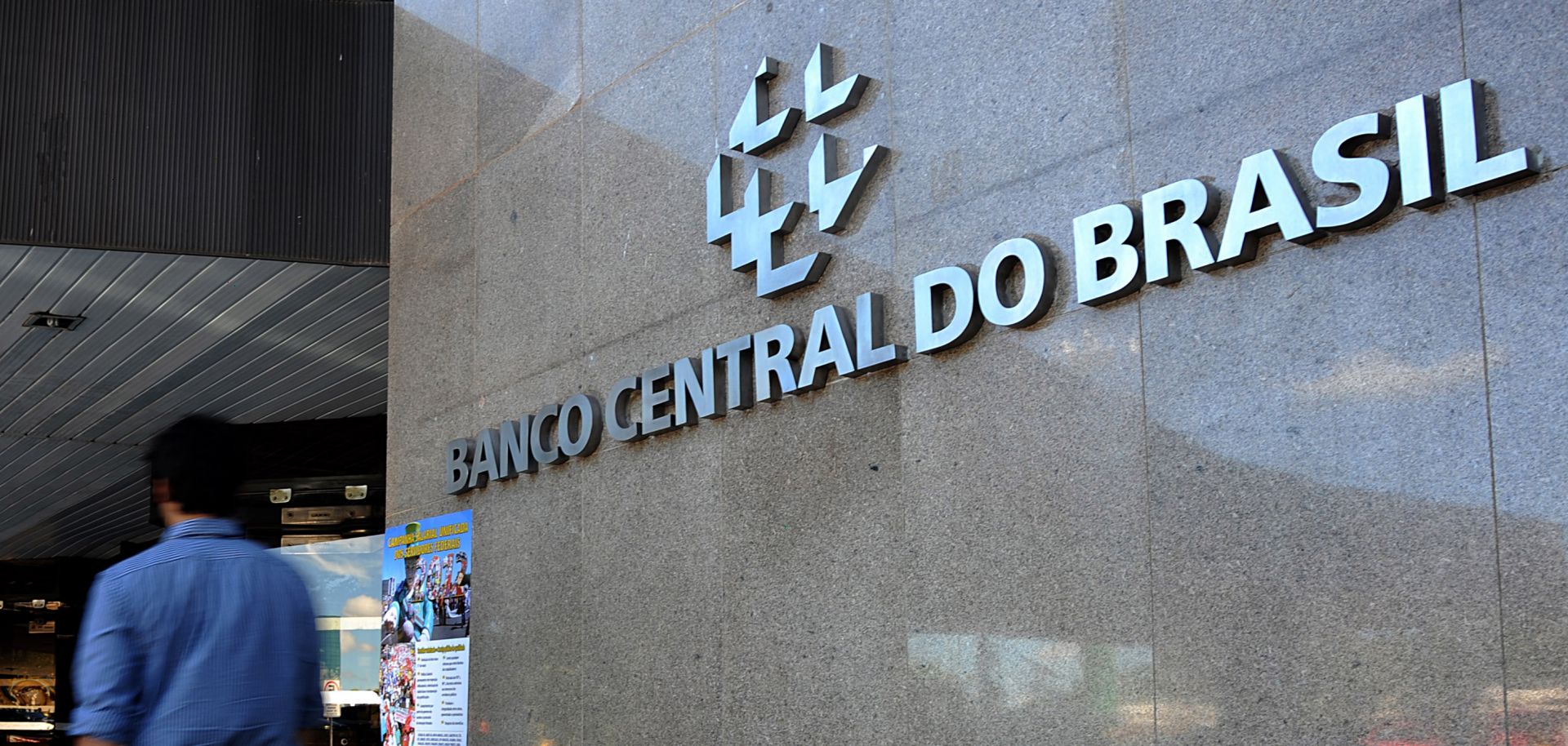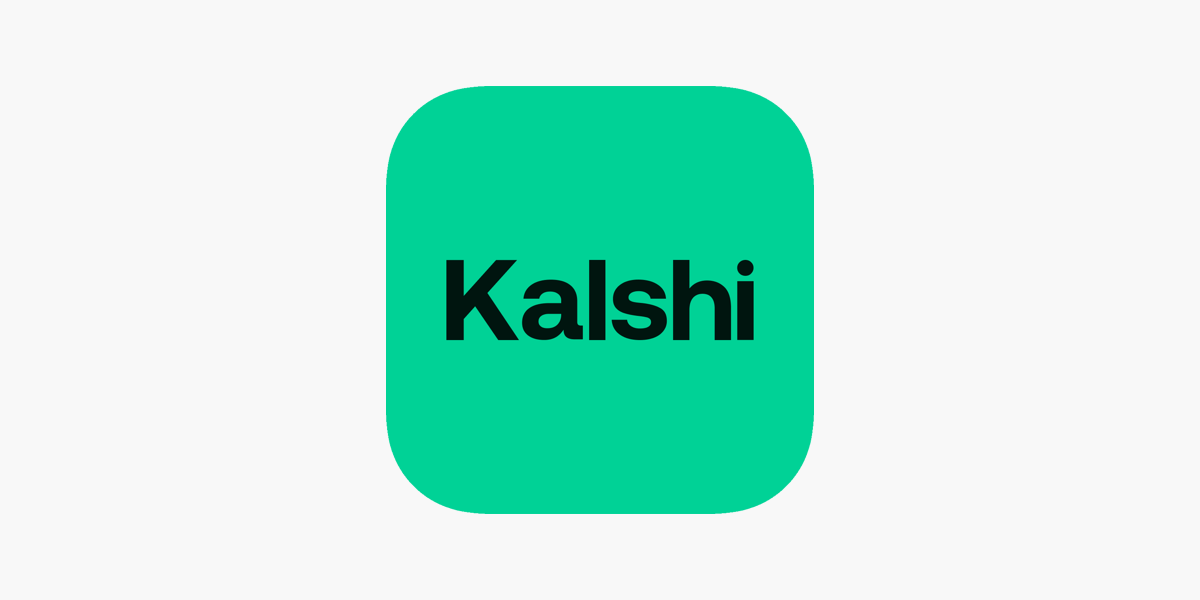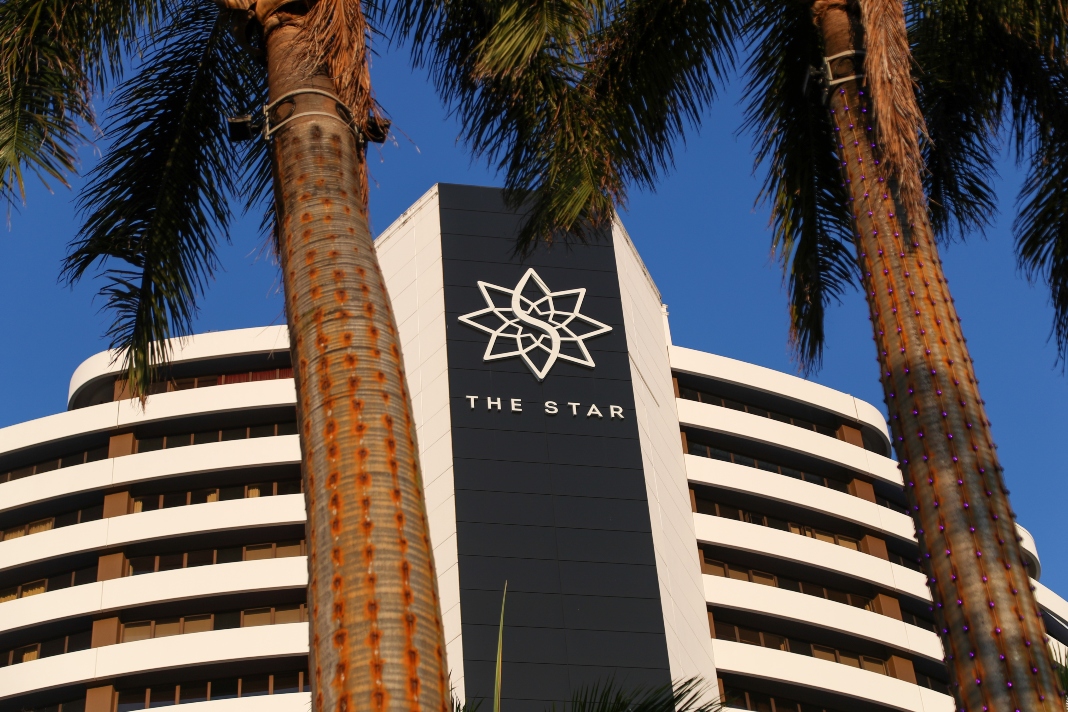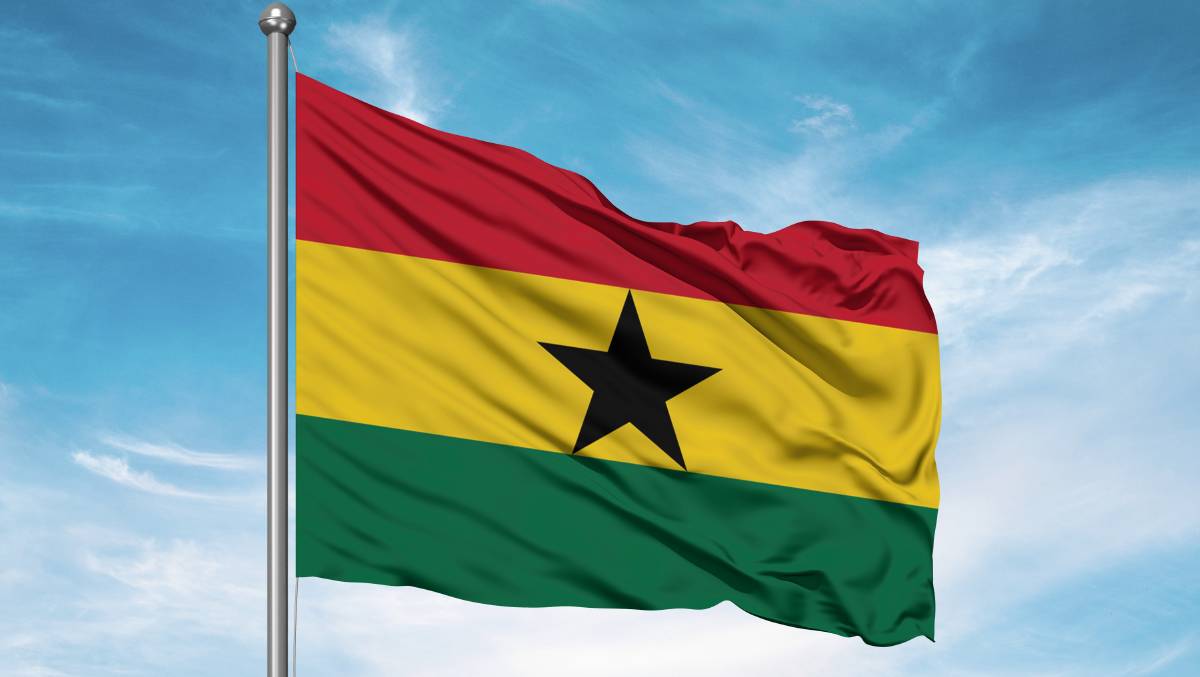The President of the Central Bank, Gabriel Galípolo, speaking in the country’s parliament last week, stated that any blocking of transfers to illegal operators is only possible after notification from the responsible regulatory body — SPA.
Without a request from the SPA, blocking transactions is essentially impossible. Given that the regulator may take several days to pass information to the Central Bank, the entire system for counteracting illegal operators is currently unable to function effectively.
According to the Central Bank of Brazil, the illegal sports betting market in Brazil is estimated at $3.3 billion to $5 billion.
Central Bank of Brazil: Limited Authority
The speech by Gabriel Galípolo, President of the Central Bank of Brazil, came as a cold shower for anyone hoping for real action against illegal gambling operators. In his address to parliament, he stated outright: the Central Bank simply does not have the legal authority to independently block transactions to illegal betting platforms.
Any action can only be taken following an official notification from SPA (Secretaria de Prêmios e Apostas) — the body responsible for licensing and oversight in the betting sector. Even if the Central Bank is aware that funds are being directed to shadow operators, it cannot intervene without formal documentation. It’s as if a fire truck arrives at the scene but can’t start extinguishing the fire until someone brings a permit.
And this isn’t just a formality. It’s a real legal wall that shatters all logic in the fight against illegal gambling. Even if suspicious transactions are clearly visible, the banking system is effectively tied up.
What’s especially concerning is that Galípolo emphasized that the transmission of information from the SPA can take days, even weeks. By that time, the money is already abroad, and new cash flows continue unimpeded. In such conditions, it’s impossible to build an effective control or prevention system. This is essentially a “standby-mode fight,” where bad actors are always one step ahead.
By comparison, in some countries, financial regulators and gambling oversight bodies operate in an almost automated mode, with instant data sharing and the ability to suspend transactions within minutes. In Brazil, there isn’t even the technical infrastructure for that — yet.
So when it comes to real action against the illegal market, it becomes clear: until the distribution of authority is changed and instant communication between agencies is established, all statements about “crackdowns” remain, essentially, political slogans.
SPA Regulator: The Key to Effective Oversight
Despite growing concern over the scale of the illegal betting market, Brazil has yet to establish an effective system of coordination between its two key institutions — the Central Bank and the gambling regulator, SPA (Secretaria de Prêmios e Apostas). The latter is formally responsible for licensing operators, overseeing their activities, and transmitting information to the Central Bank in cases of potential violations.
However, as stated by Central Bank President Gabriel Galípolo, the systemic delay occurs precisely at the stage of data exchange. The Central Bank can only act after receiving an official notification from SPA, and the entire effectiveness of the enforcement chain hinges on the speed and consistency of these notifications.
SPA was established relatively recently — in 2023, as part of Brazil’s gambling market reform, when the country began transitioning to a legal regulatory model. The agency was intended to be the central pillar of the new oversight system. In practice, however, SPA still lacks the technical and administrative infrastructure required for the rapid transmission of operational information to financial authorities.
According to experts, it is precisely the absence of an integrated, automated data-sharing channel that makes swift response impossible. By the time one body identifies illegal operator activity and the other receives a request to block transactions, the financial flows have already moved beyond the country’s jurisdiction.
Observers point out that SPA, in its current form, remains overwhelmed by its workload. It must not only track illegal operators, but also handle licensing procedures, draft regulatory frameworks, and manage communication with international platforms. With limited resources, the agency’s ability to respond quickly to risks related to illegal betting is severely compromised.
In essence, SPA is currently the “bottleneck” of the entire anti-illegal gambling policy. Without digitalized processes, automatic filtering of suspicious transactions, and flexible coordination with banks and financial systems, it is premature to speak of any effective fight against the shadow market.
The Scale of the Problem: The Size of the Illegal Market
Despite official efforts to legalize gambling, the shadow betting market in Brazil continues to grow. According to the country’s Central Bank, the volume of financial flows passing through illegal operators is estimated at between $3.3 and $5 billion annually. These figures are not only impressive — they reveal how deeply the illegal segment is embedded in Brazil’s online gambling industry.
This scale is driven by several key factors. First, for many years, the betting market in Brazil existed in a “gray zone.” Formally, most types of betting were prohibited, but players widely used foreign platforms registered in offshore jurisdictions — such as Curaçao, Malta, Panama, and Caribbean islands. These websites operated outside the control of local authorities and freely accepted Brazilian users, often offering localized interfaces and Portuguese-language support.
Second, until recently, the country had virtually no legal mechanisms to restrict access to such operators. They freely advertised on social media, collaborated with local influencers, and signed sponsorship deals with football clubs. This gave users a false sense of legitimacy and trust.
The financial appeal also played a significant role. Many illegal bookmakers offer better odds, aggressive bonuses, and no betting limits — especially attractive for experienced bettors. While officially licensed platforms are still in their early stages of development, illegal sites remain the familiar and preferred choice for millions of users.
Estimates suggest that 70–80% of all bets in the country still go through illegal channels. And although the government is actively advancing the legalization process, such volume makes the fight against the shadow market an extremely difficult task.
Moreover, illegal operators do not pay taxes in Brazil, leading to billions in lost government revenue. Potential income from licensing and taxation could be directed toward sports development, social programs, and gambling addiction prevention. Instead, the state loses control, and the money flows abroad.
Thus, the problem of illegal gambling in Brazil is not just a matter of regulation — it’s an issue of national economy, financial security, and public trust.
Consequences for the Economy and Society
The growth of the illegal gambling segment in Brazil is not just a headache for regulators, but a real threat to the economy and social stability. The volume of “grey” money circulating outside the government’s control is causing significant harm across multiple areas.
Economic Losses: Lost Taxes and Capital Flight
The first and most obvious consequence is the financial loss to the government. Operators working without a license do not pay taxes or licensing fees. According to estimates, the treasury could have lost hundreds of millions of dollars in just the past year. These funds could have been used to finance sports, education, healthcare — areas that are in urgent need of support.
At the same time, a significant portion of the revenue from illegal operators is transferred abroad to the jurisdictions where they are registered. This not only results in direct capital flight, but also poses potential problems for the country’s financial security: such transactions often go through chains of offshore accounts, making it difficult to track the sources and ultimate beneficiaries.
Players Without Protection
The second major issue is the lack of consumer protection. By interacting with illegal sites, players risk losing their winnings or account funds at any moment. These operators have no obligations to users: there are no guarantees of payouts, no transparent system for dispute resolution, and no mechanisms for refunding money. Furthermore, in the case of fraud, there is nowhere to turn.
Unlike licensed platforms, where there is oversight by regulators, audits, customer support, and legal protection mechanisms, illegal operators are entirely anonymous and operate in the “shadows.”
Social Risks: Increased Addiction and Escalating Problems
Another key consequence is the worsening issue of gambling addiction. Illegal sites generally do not provide self-control tools: no time or deposit limits, no self-exclusion options, or support programs. This creates an environment where players, especially young people who often interact with these platforms through mobile apps and social media, can easily become addicted.
Moreover, illegal operators rarely participate in responsible gambling programs and do not fund initiatives to combat gambling addiction. This creates an unequal playing field between those who operate legally and those who simply profit without social responsibility.
Reputational Risks: Trust in the Market at Risk
If a significant part of the industry continues to operate outside the law, it undermines trust in the very concept of legal gambling. Platforms that follow the rules find themselves at a disadvantage: they spend resources on licenses and comply with regulations, while “shadow” competitors work with lower costs and aggressive marketing strategies.
This leads to a dilution of market signals, where players begin to believe that “all sites are the same” and see no reason to choose a licensed operator.
Why Players Choose Illegal Operators
Despite all the risks and potential consequences, many Brazilians continue to use illegal betting sites. Why does this happen, even though the market for legal operators is already starting to develop and gain popularity? The answer is simple — illegal platforms offer players more favorable conditions. And this makes them attractive to a wide audience.
Higher Odds and Bonuses
One of the main factors that drive players to seek out illegal operators is the profitability of bets. Illegal bookmakers often offer higher odds than their legal competitors. For experienced bettors, especially those who bet regularly, the difference in odds can mean a significant difference in earnings.
In addition, illegal sites often attract users with generous bonuses and promotions. They may offer players no-deposit bonuses, additional sports betting opportunities, and other attractive offers. Legal operators, on the other hand, are constrained by regulations and are required to comply with strict rules regarding advertising and bonus policies.
Convenience and Accessibility
Illegal bookmakers often have high-quality mobile apps and user-friendly interfaces on their websites. These platforms are tailored to the needs of users, with quick access and a simple registration process. Furthermore, many illegal operators offer a wide variety of betting options, including unique events that may not always be found on official platforms.
In a competitive market, illegal sites offer a greater selection of betting markets and more convenient deposit methods, further strengthening their position among users.
No Blockages or Restrictions
One significant reason players continue to seek out illegal platforms is the lack of blockages and restrictions. Legal bookmakers often face legal barriers that limit their operations. This may concern not only advertising but also betting conditions, withdrawal limits, and even bonus conditions. In contrast, illegal sites are often not bound by these rules.
Additionally, illegally operating platforms rarely block players’ accounts, impose strict betting limits, or restrict the ability to withdraw funds. This attracts those seeking freedom in their actions and the opportunity to earn without unnecessary restrictions.
Culture of Trust Through Advertising and Influencers
Illegal operators actively use marketing through influencers, sports clubs, and major events. For example, many bookmakers sponsor football clubs or partner with sports leagues, which helps create a false sense of confidence and trust in such platforms. Advertising campaigns targeting a young audience aggressively promote illegal sites on social media, often involving popular bloggers and opinion leaders.
The availability of advertising and the lack of effective blockages make illegal operators appear legitimate in the eyes of the general public, creating the illusion that they are operating within the law, even though this is far from the truth.
Problems with Legal Platforms
Although the market for legal bookmakers in Brazil is developing, issues with access and service can push players away. Legal operators may face technical failures, slow account verification processes, the need to submit documents, and other formalities that seem inconvenient to players. In contrast, illegal platforms typically offer quick registration, do not require detailed documents, and process withdrawal requests rapidly.
For players who do not want to waste time with bureaucracy, illegal platforms become an attractive option.
Conclusion
The illegal betting market in Brazil remains one of the main issues for the government and society, despite efforts to legalize and regulate the industry. The limited powers of the Central Bank and the existing delays in the transfer of information from regulatory bodies create serious obstacles to effectively combating illegal operators. While illegal bookmakers offer attractive conditions for players, they not only harm the economy but also create social risks, such as the increase in gambling addiction.
To change the situation, it is necessary to not only improve the interaction between government bodies but also intensify efforts to legalize and promote safe, transparent betting platforms. Only with reliable control mechanisms, consumer protection, and incentives for legal operators will it be possible to reduce the scale of the illegal industry and ensure its integration into the country’s economy.

 Companies
Companies 





